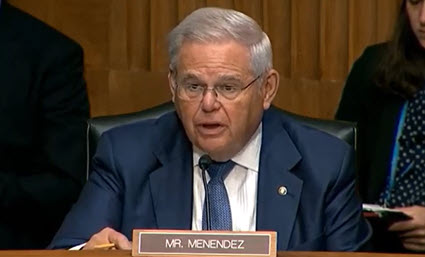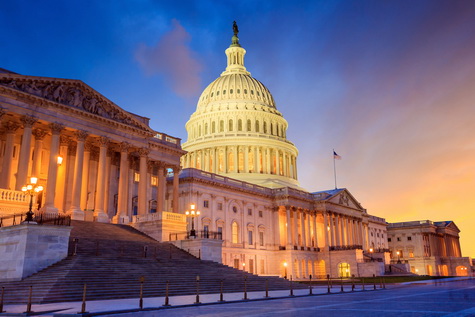Senate Finance Committee Chairman Ron Wyden (D-OR), above, unveiled new legislation this week that would phase out the 20-percent pass-through business income deduction for taxpayers earning more than $400 thousand a year. (CNBC, July 21 and Wyden news release, July 20)
- The current deduction for qualified business income (Section 199A) allows certain taxpayers, such as sole proprietors, partners in partnerships and shareholders of S-corporations, to deduct up to 20% of their net business income.
- The deduction was enacted as part of the 2017 Tax Cuts and Jobs Act (TCJA), which reduced the corporate tax rate by 40%. Since the vast majority of American businesses are taxed as pass-throughs, the deduction ensured that the benefits of TCJA were more evenly distributed.
Why It Matters
- Section 199A is currently scheduled to expire at the end of 2025. Wyden’s proposed overhaul, if enacted, would start with the 2022 tax year. (CQ and BGov, July 20 | one-page summary | text of the bill)
- Wyden estimated that his Small Business Tax Fairness Act could raise $147 billion in revenue, based on a Joint Committee on Taxation analysis from 2018. The Senate Finance Committee Chairman also noted that he may add the bill to the Biden administration’s $3.5 billion “human” infrastructure proposal later this fall. (Tax Notes, July 21)
Roundtable Response
- The Roundtable, as part of a broad business coalition, last month expressed strong opposition to any reductions or repeal of the Section 199A deduction – including phasing it out above a certain income threshold – to the leadership of the tax-writing Senate Finance and House Ways and Means Committees. (Coalition letter, June 22 and Roundtable Weekly, June 25)
- The coalition’s letter emphasized how nearly 40 percent of individually- and family-owned businesses closed their doors during the COVID pandemic – and that Section 199A provided critical tax relief during that time.
- “There are nearly two million real estate partnerships with more than 8.6 million partners in the United States,” said Real Estate Roundtable President and CEO Jeffrey DeBoer, above, in response to the new legislation. “Among other benefits, the pass-through deduction allows these real estate businesses to focus on creating jobs, investing in underserved neighborhoods, and creating productive, sustainable properties that support the local tax base. Congress should permanently extend the pass-through deduction. The proposed restrictions are a step in the wrong direction.”
President Biden proposed phasing out the Section 199A deduction for qualified business income above $400,000 during his presidential campaign. However, that proposal was not included in his Build Back Better agenda released earlier this year or his formal budget proposal. (Tax Notes, July 21)
# # #

















